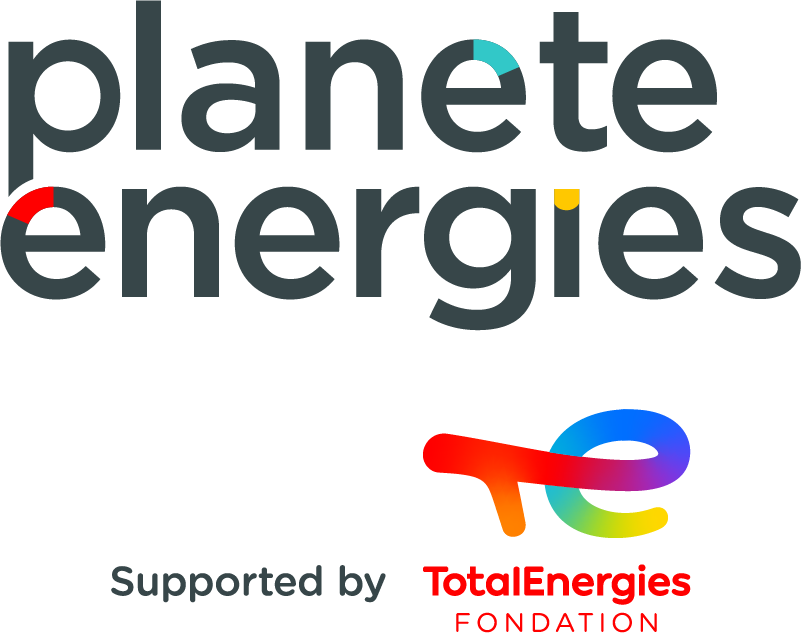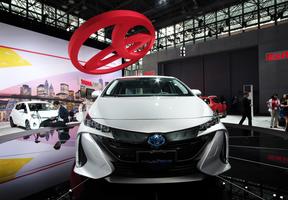All about hydrogen vehicles
2 min read
can be converted into by using a cell inside the vehicle. This is a promising way forward for the development of sustainable mobility.
All about Electric Vehicle
The advent of Fuel Cell Electric Vehicles gives fresh momentum to the .
Let’s get a better understanding of what a Fuel Cell Electric Vehicle is. It is basically a type of electric vehicle. But the electricity powering the engine is not fully stored in a battery like other electric vehicles. It is produced via a fuel cell, working with the hydrogen contained in the tank.
But what is hydrogen?
Hydrogen, or H2, is the most common element in the universe; it can be found everywhere, including in water, which contains two hydrogen atoms. Today, hydrogen is mainly used by the industry, for chemical and refining applications. Its use in transportation is still marginal.
Approximately 65% chemical industry
Approximately 35% refinery
< 1% Energy
And how is hydrogen produced?
Most often, from natural gas heated in the presence of steam, a process known as reforming. It can also be produced from water exposed to an electric current, otherwise known as electrolysis.
What are the advantages of a Fuel Cell Electric Vehicle?
As an electric vehicle, it produces zero emissions of and no other pollutants at the exhaust and it’s very quiet. Moreover, it delivers a rapid refueling and an extended range.
However, the cost of Fuel Cell Electric Vehicle is still high, that’s why the number of these vehicles is still relatively small, with just a few vehicles in the U.S.A., Germany, South Korea and Japan. But it’s a market with a promising future!
USA approximately 5,000 FCEV*
Germany approximately 400 FCEV*
South Korea approximately 100 FCEV*
Japan approximately 3,000 FCEV*
* Fuel Cell Electric Vehicl




















